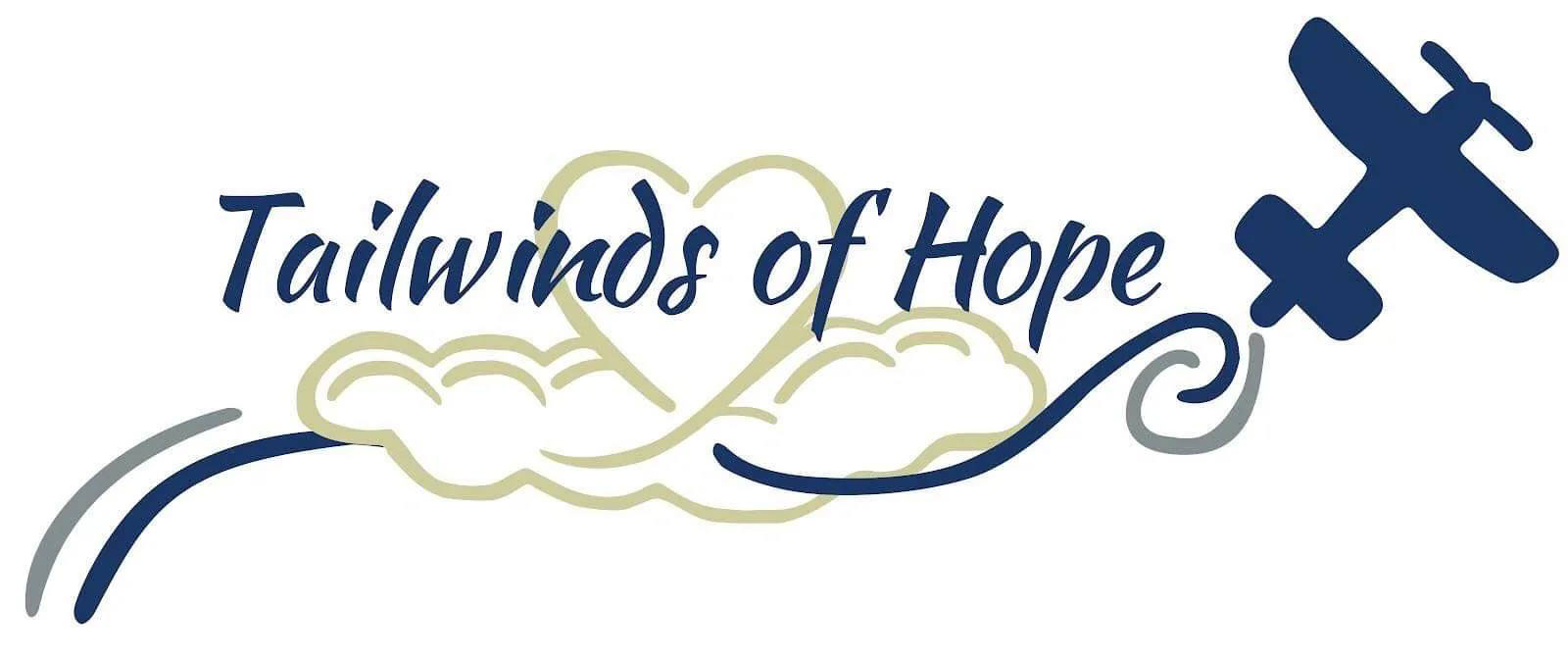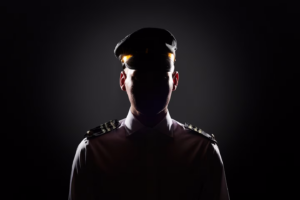Pilots hide mental health issues so they don’t ‘lose their wings’
His story speaks to a larger problem in the profession: Many pilots would rather ignore or hide their mental health problems than disclose their condition and risk their livelihood. As a result, pilots who may be safety risks remain in the air while those who have admitted they need help face a costly, time-consuming and opaque process to meet the FAA’s standards for medical fitness. A recent incident in which an off-duty Alaska Airlines pilot tried to take down a plane has pushed federal officials to address the flaws in their mental health system.
The airline pilots and advocates interviewed for this report described a laborious series of medical evaluations that rely on paper documents sent through the mail and ask workers to submit to a maze of testing at their own expense. FAA officials acknowledged the system requires changes, several of which they have already begun to implement.
“The FAA is committed to prioritizing the mental health of pilots and air traffic controllers,” the agency said in a statement emailed to The Washington Post. “The FAA has taken a number of recent steps to foster greater openness about mental health within the aviation community,” the statement added, referencing a recently announced rulemaking committee aimed at solving these issues.
In the case of the first officer, antidepressants helped lift the cloud of darkness. A year into seeking reinstatement from the FAA, he understands why many of his colleagues deny their problems, avoid medical care or self-medicate.
“The system is so broken,” said the pilot, who has been living off disability provided by the airline. “The [aviation industry] doesn’t really want the stigma of pilots with mental health problems still flying. It’s a complicated thing to deal with in the public view, but it’s also a very outdated way of thinking.”
Pilots experience pressures that are unique to their profession. They spend an inordinate amount of time away from home and their families. Their bodies live in a twilight of time zones. A healthy diet and consistent exercise can be elusive. And every six months or year, depending on their age and position, they must undergo a medical evaluation that can upend their career.
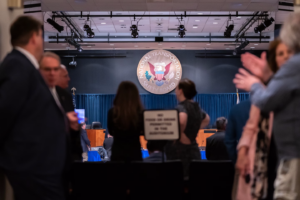
Last week, the National Transportation Safety Board held a full-day summit called “Navigating Mental Health in Aviation.” An employee remarked that he had never seen the agency’s auditorium so full.
When it was Anne Suh’s turn at the microphone, she shared the story of her son, John Hauser, in a steady voice that belied her pain.
On a Friday evening in October 2021, the 19-year-old student pilot at the University of North Dakota set off in a school plane to practice his aviation skills. About an hour after takeoff, his parents, who live in the Chicago area, started to receive alarming texts from John. He provided the tail number of his aircraft, said he loved them and bid them goodbye. The police discovered his crashed plane in a field in northeastern North Dakota.
His parents, who are both medical practitioners, only learned of John’s mental health issues through the messages he left behind. Suh said he likely kept them private because he didn’t want to jeopardize his passion for flying or his future career as a pilot.
During the summit, Suh read one of his notes aloud. “If there is anything you can do for me, get the FAA to change the rules on pilots seeking help with their mental health. I know it would change a lot of things for the better and it would help a lot of people out.”
NTSB chair Jennifer Homendy had opened the day’s session with a critique of the aviation industry’s approach to mental health. She described it as punitive and shaming, and harmful not just to the pilot but to the whole sector. “The safety risk comes from a culture of silence around mental health,” she said.
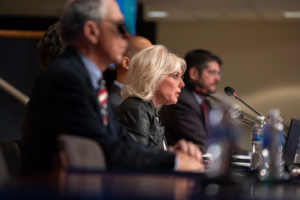
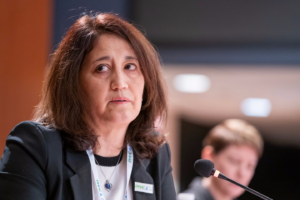
Penny Giovanetti, a top medical official at the FAA who attended the event, countered the criticism by sharing some recent developments. She said the understaffed agency has hired three psychiatrists — plus a neuropsychologist and two psychologists — to help chip away at the backlog of special issuance applications. According to the FAA, there were two psychiatrists on staff over the past three years to review applications.
In May, the agency approved of a fifth selective serotonin reuptake inhibitor, a widely used type of antidepressant.Pilots who take one of these medications (but not plural) for depression can retain their medical certification, which was previously not the case. Giovanetti also told the board that she filled four pages with notes, which she intends to share with her FAA colleagues
While pilots may face job-related consequences for divulging their medical histories, hiding their illnesses also carries risk. A spate of recent incidents has shone a harsh light on the industry’s culture of secrecy and evasion.
“This population faces some really tremendous psychosocial stressors that are risk factors to depression,” said William Hoffman, a neurologist and affiliated assistant professor of aerospace aviation at the University of North Dakota. “Then you add in the health-care avoidance and the loss of certificate, and it really doubles down on them.”
In October, an off-duty Alaska Airlines pilot named Joseph David Emerson attempted to cut the engines of a Horizon Air flight from Everett, Wash., to San Francisco. He later admitted to law enforcement officers that he suffered from untreated depression and had consumed psychedelic mushrooms in the days before boarding. Last week, an Oregon grand jury threw out the attempted murder charges against him for a lighter charge of recklessly endangering another person.
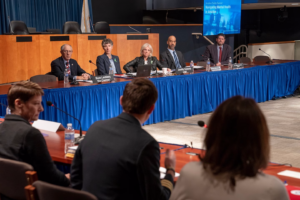
During the same month as the Horizon flight, a grand jury in Utah indicted a former Delta pilot who threatened his co-pilot with a firearm last year. And this summer, a United Airlines pilot attacked a parking gate at Denver International Airport with an ax, causing $700 in damage, according to airport authorities.
The day before the NTSB’s summit, the FAA announced the creation of the Mental Health and Aviation Medical Clearances Aviation Rulemaking Committee (ARC). The group of aviation and medical experts will focus on removing the hurdles deterring pilots from addressing their mental health issues. The committee will submit its recommendations by the end of March.
“The Horizon pilot is very much a marker for us,” said Joseph LoRusso, a lawyer who helps pilots navigate the medical certification maze. “He forced [the FAA] to put this roundtable together sooner than it probably would have otherwise.”
Public breakdowns among pilots are rare, and accidents caused by suicidal pilots are even less common. However, with more than 1 out of 5 adults suffering from a mental health issue, according to the Centers for Disease Control and Prevention, medical and aviation experts estimate that hundreds of pilots could be silently suffering from depression, anxiety or other similar illnesses. In many cases, we don’t learn about their struggles until it’s too late.

In 2013, a Southwest pilot named James Drain started to show signs of depression; he later attempted suicide but survived. After completing treatment, he focused all of his energies on regaining his medical certification. He saw FAA-required specialists, including a forensic psychologist who charged several thousands of dollars, and spent hours completing equally expensive cognitive tests. He submitted his thick docket of documents by mail and patiently waited for a response.
“He didn’t fly for two years and yet he was jumping through every hoop the FAA was putting in front of him,” Jaime Drain, his widow, said from her home in Minnesota. “They would say, ‘You need to do this and now you need to do this and this and this and this,’ and he was doing it.”
In 2015, a 27-year-old co-pilot who had received treatment for suicidal tendencies crashed a Germanwings plane into the French Alps, killing nearly 150 passengers and crew members. Black-box recordings revealed that he had deliberately crashed the plane, a French prosecutor said. Drain, a former flight attendant, said her husband sensed his career went down with that plane.
“Shortly after that he got his answer from the FAA, and they denied him his license,” Drain said. “On May 21st, 2015, I was out on a trip. He went to a hotel room and he took his life. If he’d been able to get the proper help and do it openly, I honestly believe he’d be here with me today.”
The FAA relies on pilots to self-report any physical or mental issues on their certification form, which an aviation medical examiner will consider when determining whether to pass, deny or defer an application. In addition to answering four questions about mental health, the pilots must list all of the medications they take as well as any physicians they have seen in the last three years. One exception is family counseling, because the therapy involves more than just the individual pilot.
LoRusso, the lawyer, said aviators are fully aware of the consequences of lying on the form. The criminal offense is punishable by up to five years in jail and $250,000 in fines. Therefore, many pilots fill out the form truthfully, but at a cost to their health.
“We know there’s a bunch of clinical science and data that says that if we can address anxiety and depression first, it won’t build into something more chronic,” he said. “But pilots aren’t willing to get that treatment, because now they’re not lying.”
Hoffman leads studies on this aversion to seeking help. In an April 2022 survey of more than 3,700 pilots, 56 percent of respondents said they avoided health care for fear of “losing their wings.” In addition, nearly 46 percent sought “informal” (undocumented or underground) medical care, and almost 27 percent of participants misrepresented or concealed information on the questionnaire. In research released this October, he reported similar findings in a larger sample group that included Canadian pilots.
The median annual pay for airline pilots, co-pilots and flight engineers was $211,790 in May 2022, according to the Bureau of Labor Statistics. For these highly paid professionals, being transparent about a mental illness can mean forgoing their salary — and losing a sense of purpose — for an indefinite period.
“How bad does your mild anxiety need to be … to warrant stepping away from flying for months or potentially years to get care?” Hoffman asked. “For many pilots, their mild anxiety needs to be pretty darn bad to do that.”
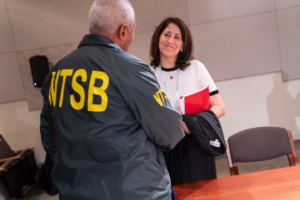
The FAA has a list of ailments and illnesses that typically result in a denial or deferral of a medical certificate, such as bipolar disorder, psychosis, substance dependence or abuse, and a severe case of personality disorder. Aviation medical examiners can reach the same conclusion for milder cases of mental illness.
To reverse the denial or deferral, the pilot must complete a series of exams, assessments and treatments mandated by the FAA. The young first officer who was prescribed Lexapro for his anxiety and depression said he spent $1,700 on a neuropsychological evaluation, participated in computer brain tests, submitted to a personality appraisal and met with a psychiatrist trained in HIMS, a substance abuse treatment program for aviators.
After a final session with a medical examiner, pilots can reapply for certification. The FAA said it receives an average of 1,800 applications a day and approves 96 percent of the submissions that were flagged for closer consideration. The process can take six months or several years because of the multiple steps the pilots must follow to assure the FAA of their recovery and fitness to fly.
The first officer who suffered from depression and anxiety submitted his paperwork by mail in September. Two months later, he experienced a setback when the agency informed him that he was missing a document.
“Now that has to be forwarded from my doctor to the FAA, and it starts the whole process all over again,” he said.
Because of the stigma attached to mental health problems, pilots are typically reticent about sharing their struggles with colleagues or a wider audience. The major airlines tightly manage their company’s narratives; United denied a request from The Washington Post to interview a pilot who had recovered from alcohol abuse.
However, several platforms have emerged that provide aviators with a safe space where they can speak candidly. Many airlines and unions such as the Air Line Pilots Association provide peer-to-peer counseling and support groups. John Hauser’s family created a fund that champions similar initiatives for aviation students, such as the UpLift Peer Support Program and the Green Bandana Project; the swatch of fabric worn by trained students is code for “I’m here to help.”
Emma Laczko, a pilot who created the aeromedical reform petition, and Maddie Miller, an aviation wellness expert and former airline employee, host “The Pilots Pandemic” podcast. Since 2021, the pair have worked to expose cracks in the FAA’s mental health system. They interview a wide spectrum of experts, including pilots who have firsthand experience with the medical certification process, widows of pilots who died by suicide, medical experts and activists.
Laczko, whose late father and uncle were pilots who struggled under the FAA’s medical reporting system, said the podcast is approaching 100 episodes. “It really starts with breaking the silence,” she said.
On the podcast, the hosts and guests decry the obstacles that discourage pilots from seeking help or staying the course to reinstatement.
“We have many aviators who have sent in a test and then had to redo the test, because by the time the FAA looked at it, it was already past the due date,” she said. “So then they’re required to go back and get another test and pay again out of pocket for that test and resubmit to the FAA.”
Over the past year, the FAA has made incremental changes to its medical certification process. The agency is working on shortening the wait time for certification decisions to 60 days or less. In April, it introduced a new digital system that allows medical examiners to upload supporting materials directly to the FAA instead of relying on standard mail.
“The agency expects this capability will help our physicians manage the volume of cases more efficiently while also providing greater transparency for the applicants,” an FAA spokesman said by email.
Advocates for pilots — lawyers, physicians, union leaders and bereft loved ones, among others — commend the FAA on making inroads but are pushing for more changes.
Among their many goals, they want the FAA to stop lumping all mental health illnesses into one category and create a recovery program that recognizes the individuality of each case. They also argue that while the FAA is reviewing a pilot’s medical certification application, they should be able to fly under supervision instead of being grounded for months or years.
Most importantly, advocates want the aviation industry’s perception of mental health to evolve. They say anxiety, depression and other mental health illnesses should be judged on equal terms with, say, high blood pressure and peptic ulcers.
“This is like pushing a really heavy boulder up a hill, but we’re heading in the right direction,” Drain said.
If you or someone you know needs help, visit 988lifeline.org or call or text the Suicide & Crisis Lifeline at 988.
https://www.washingtonpost.com/travel/2023/12/15/pilots-mental-health-faa-certification/
Article by Andrea Sachs
